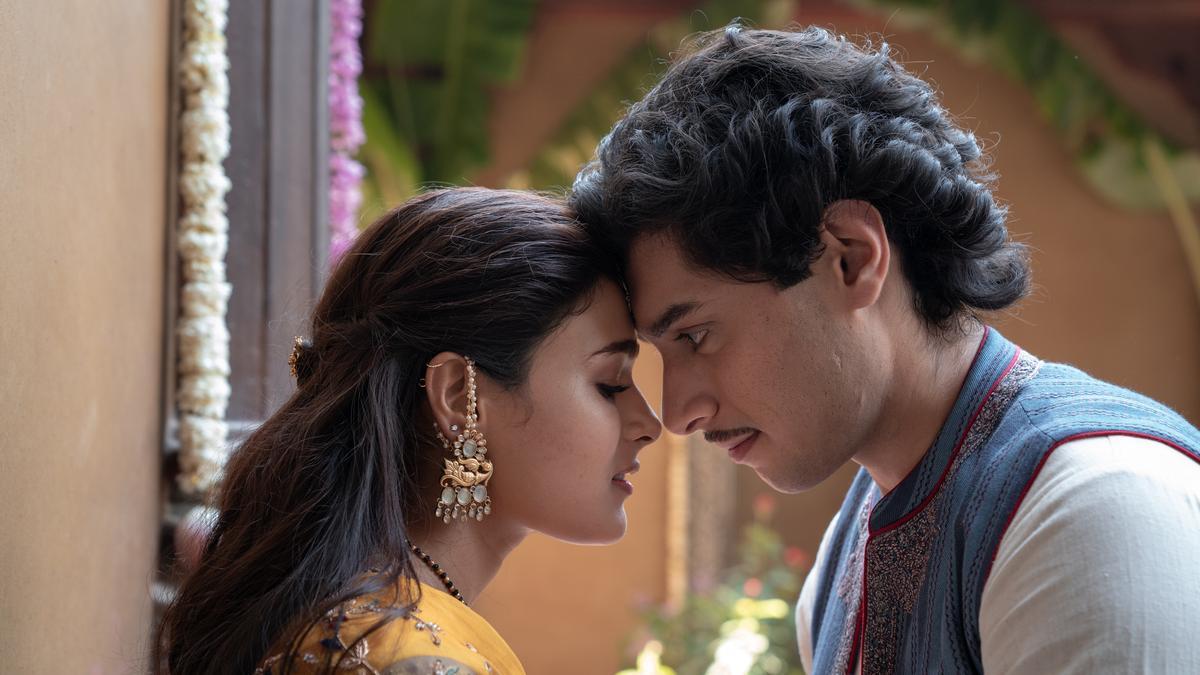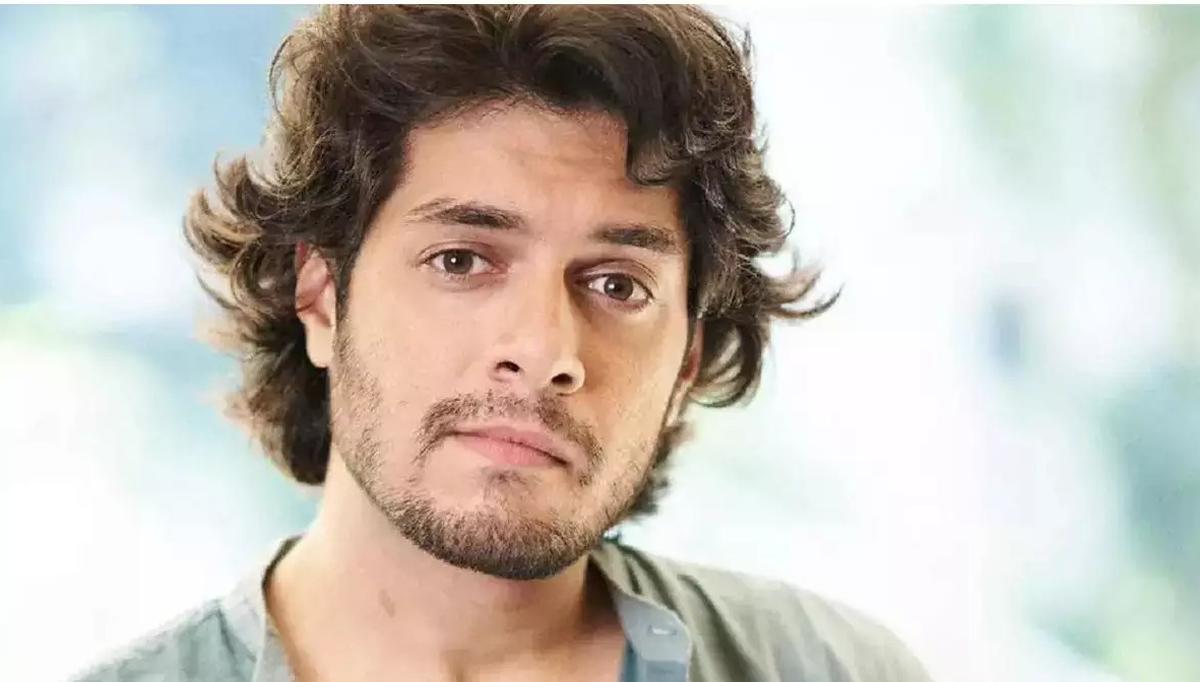[ad_1]
Junaid Khan, son of Aamir Khan, made a quiet cinematic debut last month with Maharaj, a period film that, despite its royal title, witnessed little pageantry or fanfare. Directed by Siddharth P Malhotra, the film has 31-year-old Junaid essaying the role of Karsandas Mulji, a 19th-Century social reformer and journalist embroiled in a libel suit with a powerful godman. The film was dragged to court too, after members of a religious sect filed a petition claiming it could hurt sentiments and incite violence: it was cleared for streaming by the Gujarat High Court on June 27.
“When the film’s release was pushed we were all a bit on edge,” Junaid admits. “I am thankful to the judiciary for seeing the film for what it is and allowing it to be released.” Indeed, Maharaj — which was certified by the CBFC in 2023 — courted little post-release trouble, the right-wing uproar on social media having comfortably died down following the HC ruling. It was a fate unlike, say, that of Laal Singh Chadha, featuring Junaid’s father, who was the target of a vicious boycott campaign in 2022, or Annapoorani, which waded into controversy earlier this year for allegedly hurting religious sentiments and was pulled from Netflix.

The acceptance of Maharaj by the wider public has been heartening, Junaid says. “This is a sensitively made film about a topic that is close to a lot of people. Siddharth sir, our director, handled the subject quite responsibly. Our intention was never to hurt people. That way we could never get our message across.”
Reviews for Maharaj were largely unenthused, much of the criticism aimed at its conventional screenplay and tepid character arcs, though Jaideep Ahlawat won praise for his finely calibrated performance as the film’s antagonist, Maharaj Jadunathjee. One crackling scene, for instance, has hero and villain mouthing off at each other in the pouring rain, a melodramatic moment that would slot into the high-fevered commercial cinema of the 1970s.
“We shot that scene for three consecutive nights, spending 12 hours at a stretch in the rain,” Junaid shares. “I did not expect the toll that it would take. The whole atmosphere of the scene is very heightened. Reality cannot be a barometer for it. It had to be graphed meticulously, and Jaideep sir had a spectacular understanding of how to play it.”
In the film, Karsandas, Junaid’s character, is galvanised in his crusade against Jadunathjee after his fiancee dies by suicide. Kishori (Shalini Pandey) thus becomes a disposable adjunct to advance the hero’s journey. It is a distressing story point in the film, although, as Junaid suggests, it may have some grounding in historical fact.

Shalini Pandey and Junaid in ‘Maharaj’
“The film takes place in the 1860s and we have to see it in the socio-cultural context it is set in. From my understanding, the real Karsandas did have a fiancee who died by suicide. He was married again and his second wife also died in an accident. In fact, the character played by Sharvari Wagh, Viraj, was his third wife.”
Junaid, son of Aamir and Reena Dutta, attended H.R. College of Commerce and Economics in Mumbai and later enrolled at the American Academy of Dramatic Arts in New York. He joined the famed repertory theatre of his acting school, performing contemporary plays like Anna in the Tropics, Stags and Hens and The Last Days of Judas Iscariot. Returning to Mumbai, he acted in a production of Euripides’ Medea, directed by his sister Ira Khan. “Theatre taught me how to feel and catch the light because it cannot be adjusted once a performance has begun,” Junaid shares. “It’s an interesting learning that came in handy on a film set.”
Junaid acknowledges the immense headstart he has had in his career by virtue of being Aamir Khan’s son (so did Aamir himself, born to film producer Tahir Hussain). While Maharaj recently took the top 10 spot in 16 countries on Netflix, Junaid already has two more films in the offing: Ek Din, co-starring Sai Pallavi and shot in Japan, and the Hindi remake of Love Today. He will also be performing in a production called Strictly Unconventional at Prithvi theatre in Mumbai on September 1.

Junaid Khan will be on stage with ‘Strictly Unconventional’ at Prithvi theatre in Mumbai on September 1
Speaking of his father’s oeuvre, he singles out Talaash (2012) as one of the actor’s best performances. “I am not a big fan of his ‘90s work,” he adds with a laugh. “I loved Andaz Apna Apna and Sarfarosh, but Mela and Raja Hindustani not so much. Should I have said that?”

“I come from immense privilege,” the young actor continues. “My father is one of the biggest and most-loved superstars in the country and beyond. It’s a reality that permeates all aspects of my life and I cannot pretend otherwise. What I can strive for, perhaps, is to navigate it wisely and channel it towards the best I can do.”
[ad_2]
Source link









